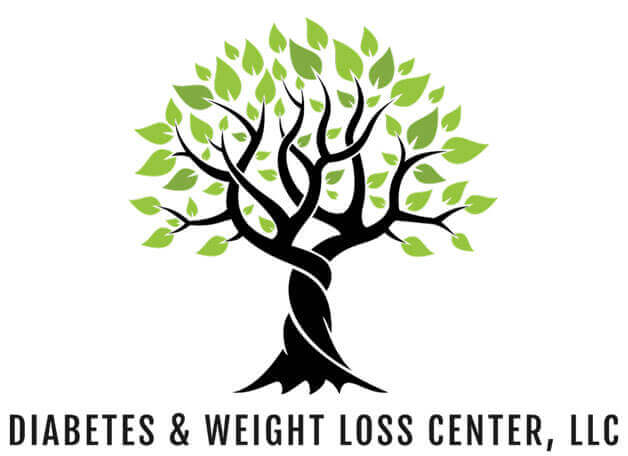Primary Care Conditions
Top Treatment for Common Primary Care Conditions in Oviedo, FL
At Diabetes & Weight Loss Center, we see a wide variety of patients come in with a vast array of symptoms. While each individual is different, some of the more common primary care conditions we see our practice include:
Diabetes mellitus type II and prediabetes are metabolic conditions that affect how your body processes sugar (glucose). In type II diabetes, your body becomes resistant to insulin or doesn't produce enough of it, leading to elevated blood sugar levels. This chronic condition can result in serious health complications if not managed effectively, but with proper treatment, including lifestyle changes and medications, it can be controlled.
Prediabetes is a forerunner to type II diabetes, where blood sugar levels are higher than normal but are not yet in the diabetes range. Prediabetes serves as a warning sign, highlighting the importance of adopting healthier habits to prevent progression to type II diabetes. Early intervention and lifestyle modifications, such as having a balanced diet and getting regular exercise, play a crucial role in managing both conditions and reducing associated health risks.
Diabetes mellitus type I, often referred to as juvenile or insulin-dependent diabetes, is an autoimmune condition where the body's immune system attacks and destroys the insulin-producing cells in the pancreas. As a result, individuals with type I diabetes have little to no insulin, a hormone essential for regulating blood sugar levels. This chronic condition requires lifelong insulin therapy to manage blood sugar and prevent complications.
Type I diabetes is typically diagnosed at a younger age, and its management involves careful monitoring of blood sugar levels, carbohydrate intake, and regular insulin administration. While there is currently no cure, advances in medical technology and treatment options empower individuals with type I diabetes to lead full and active lives with proper care and attention to their health.
Hypertension, commonly known as high blood pressure, is a chronic medical condition characterized by elevated pressure within the arteries. This increased force of blood against the arterial walls can lead to potential health risks if left unmanaged. Often referred to as the "silent killer," hypertension may not present noticeable symptoms initially but can contribute to serious health issues such as heart disease, stroke, and kidney problems over time.
Lifestyle factors, genetics, and certain medical conditions can contribute to the development of high blood pressure. Monitoring blood pressure regularly, making dietary and lifestyle adjustments, and adhering to prescribed medications when necessary are vital in effectively managing hypertension and reducing associated health risks.
Hyperlipidemia, also known as high cholesterol, is a condition characterized by elevated levels of lipids (fats) in the bloodstream. These lipids include cholesterol and triglycerides. Excessively high levels of these substances can contribute to the buildup of fatty deposits in the arteries, a process known as atherosclerosis, which can restrict blood flow and increase the risk of heart disease and stroke.
Hyperlipidemia often has no noticeable symptoms on its own, making regular cholesterol screenings crucial for early detection and management. Lifestyle changes such as a healthy diet, regular exercise, and, when needed, medication prescribed by a healthcare professional can help maintain healthy lipid levels and reduce the risk of cardiovascular complications.
Respiratory infections encompass a range of illnesses that affect the respiratory system, which includes the lungs and airways.
These infections can be caused by viruses, bacteria, or other pathogens and can lead to symptoms such as coughing, sneezing, difficulty breathing, and chest discomfort. Common examples of respiratory infections include the common cold, influenza (flu), bronchitis, and pneumonia.
While many respiratory infections are mild and resolve on their own, some can be more severe, particularly in vulnerable populations such as the elderly, young children, and individuals with weakened immune systems. Preventive measures like practicing good hand hygiene, getting vaccinated against preventable respiratory illnesses, and avoiding close contact with sick individuals can help reduce the risk of respiratory infections.
In addition to the conditions mentioned above, we are also happy to treat the following:
- Insulin Resistance
- Metabolic Syndrome
- Hypothyroidism
- Obesity/Weight Management
- Sinus Infections
- Sore Throat
- Sports Injuries
- Sprains and Strains
- STDs
- Strep Throat
- Osteoporosis
- Urinary Tract Infections
- Yeast Infections
- Prescription Refills
- Allergies
- Anxiety
- Asthma
- Bronchitis
- Cold & Flu
- Conjunctivitis (“pink eye”)
- Constipation
- Cough
- Annual Physical
Get Top-Notch Treatment for Common Primary Care Conditions in Oviedo, FL Today!
If you or a loved one wants to learn more about how we can help treat common primary care conditions, we urge you to call our office at (407) 890-1876. To schedule an appointment, please feel free to call us or use our convenient online appointment request form. Located in Oviedo, Florida, our compassionate providers at Diabetes & Weight Loss Center are eager to offer comprehensive medical treatment to the residents of Central Florida for a wide range of conditions.


